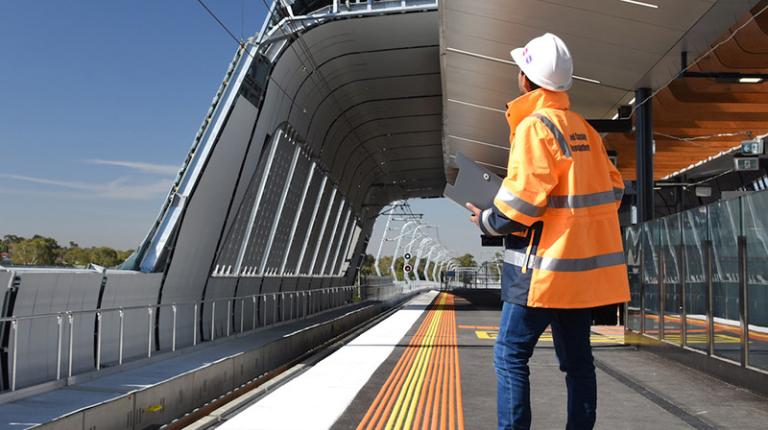Collaborative Research Fellow at the Institute for Sustainable Industries and Liveable Cities.
Ms Celeste Young produces high impact, transformative research in the areas of disaster, recovery and resilience by focusing on the end user. During 10 years as a transdisciplinary researcher, she has developed and led multi-party collaborative projects with industry, community and all levels of government. Celeste developed the methodology 'working from the inside out' which uses a systems approach to embedding new knowledge into pre-existing systems. Her practical, evidence-based approach has been widely adopted by practitioners, researchers and policy-makers in Australia and overseas. Co-design and linking research to ongoing training and learning in policy and practice are central to this process. Celeste has advised government on climate change communication and practice, the future workforce and she was a contributing author to the Intergovernmental Panel on Climate Change (IPCC) Working Group II Fifth Assessment Report chapter – Foundations of Decision Making.
Expertise: climate change adaptation, resilience, natural hazard management, communication, diversity and inclusion (D&I), future workforce, transformation and risk, and community capability.
Key skills: project development, strategic planning, stakeholder and project management, auditing, quality assurance, research translation and utilisation, development of decision-making frameworks for policy and practice, systemic assessment and analysis, integration of new knowledge into decision-making, governance (organisational and institutional), risk management, communication and engagement, innovation and transformation.
RDR topics: risk management, climate change, resilience, transformation, natural hazards, decision-making, future workforce.


